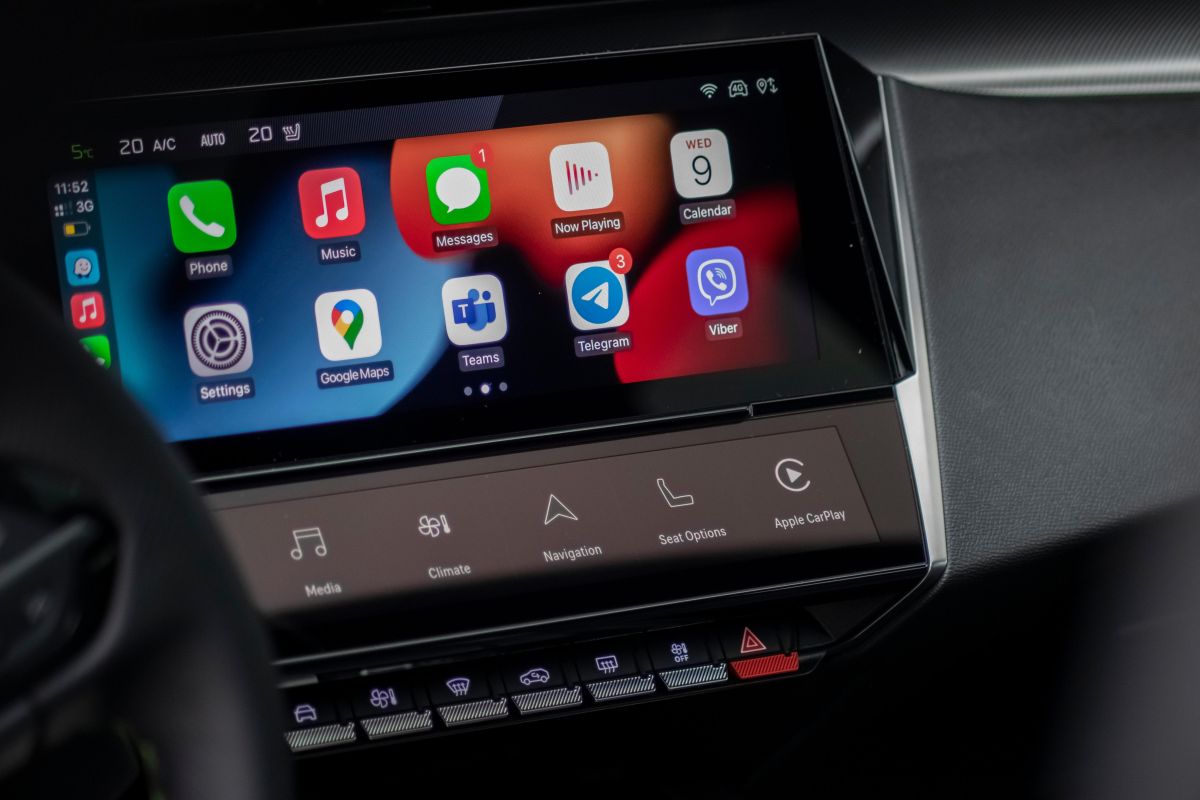Despite advancements in automotive technology, new vehicle quality remains a challenge, especially for plug-in hybrid electric vehicles (PHEVs), which now surpass battery electric vehicles (BEVs) in problems reported by owners within the first 90 days of ownership, according to the J.D. Power 2025 U.S. Initial Quality Study (IQS).
This year’s study finds the average number of problems per 100 vehicles (PP100) has slightly improved to 192, compared with 194 in 2024. However, PHEVs recorded the highest PP100 at 237—outpacing BEVs, which reported 212 PP100. Traditional gasoline-powered vehicles had the fewest issues, at 184 PP100, followed by hybrids at 196.
“While customers do find the larger touchscreens visually appealing, their functionality within the vehicle is an increasing source of frustration,” said Frank Hanley, senior director of auto benchmarking at J.D. Power. “By retaining dedicated physical controls for some of these interactions, automakers can alleviate pain points and simplify the overall customer experience.”
Premium brands showed the most significant improvement, dropping from 230 PP100 in 2024 to 203 in 2025, largely driven by a 62 PP100 improvement for Tesla. Meanwhile, mass market brands saw a slight increase in problems, climbing to 187 PP100 from 181 last year.
Infotainment remains the most problematic category despite a modest improvement of 1.9 PP100, with half of the top 10 problems industry-wide tied to this feature. Owners are increasingly frustrated with non-audio touchscreen controls, such as those for climate settings, garage doors and glove boxes.
Among notable trends, new vehicle model launches averaged 203 PP100 — up from 190 for carryover models — with only two of 18 new models outperforming their respective segment averages. While newly launched vehicles required fewer repair visits, they exhibited more issues overall.
Design complaints about cupholders also resurfaced, as consumers bring a wider variety of reusable containers into their vehicles. Automakers appear to be struggling to accommodate the diversity in shape and size, leading to renewed owner dissatisfaction.
Lexus led all brands in initial quality with a score of 166 PP100. Jaguar (175) and Genesis (183) followed in the premium segment.
For mass market brands, Nissan ranked highest at 169 PP100, with Hyundai (173) and Chevrolet (178) rounding out the top three.
At the model level, General Motors received five segment awards, followed by Ford with four and Honda with three. The Porsche 911, manufactured by Volkswagen AG, achieved the best individual model score with just 116 PP100.
Plant quality awards were also issued. BMW AG’s Graz, Austria, plant earned the Platinum Plant Quality Award for its production of the BMW Z4. Toyota’s facilities in Canada, Kentucky and Japan received Gold Plant Quality Awards across different regions for the production of various Lexus models.
Now in its 39th year, the 2025 IQS reflects input from 92,694 new-vehicle purchasers and lessees, incorporating both survey data and real-world repair reports from franchised dealers. The findings are based on 227 questions across 10 vehicle categories, offering manufacturers insights into quality trends and areas for product improvement.
For more details and full rankings, visit www.jdpower.com/business/us-initial-quality-study-iqs.













